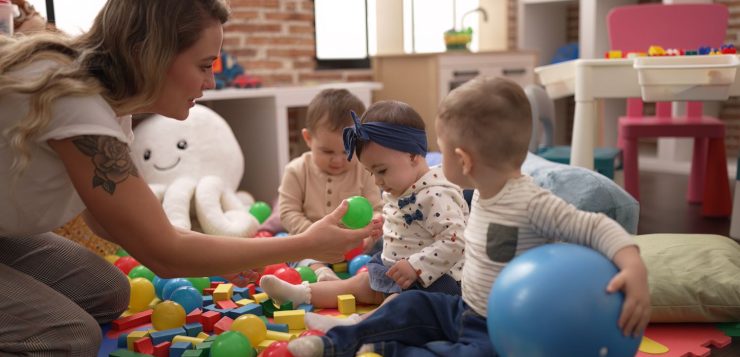Indian households are experiencing a profound transformation in their approach to preschool education. No longer seen as a mere playtime or a convenience for working parents, preschool has become a crucial stepping stone, one that sets the tone for a child’s lifelong learning and development. Today’s parents are more informed, discerning, and assertive than ever, driving sweeping changes across the early education sector.
A primary driver for this shift is heightened parental awareness of the power of early childhood education. With research and public discourse increasingly spotlighting the lasting impact of these formative years, urban Indian families now view preschool as a foundation for holistic growth, blending cognitive, emotional, social, and physical development. This is a sharp break from previous generations, where rote learning and basic literacy were often the focus.
Technology and innovation are high on the list of new parental expectations. Millennial and Gen Z parents seek out preschools that skillfully balance play-based, experiential learning with the selective integration of digital tools, think augmented reality, AI-driven activities, or STEM corners. They demand curricula that foster curiosity and creativity, not just traditional academics, while schools are increasingly adopting global approaches like Montessori and Reggio Emilia to meet these standards.
Emotional and social development have also gained unprecedented importance. Indian parents in 2025 prioritize preschools that teach empathy, resilience, and collaboration, a clear response to pandemic-era disruptions and modern life’s complexities. Many actively look for institutions that involve parents as partners in the learning process through real-time communication, regular updates, and opportunities for engagement at home and school.
Greater disposable incomes and dual-income households have reshaped expectations around convenience, transparency, and safety. Parents expect smart classrooms, robust safety protocols, teacher training, and flexible programs that accommodate their busy lifestyles while ensuring their child’s happiness and well-being. Meanwhile, a growing emphasis on inclusivity and access is leading parents to value diversity and support for special needs and individualized attention.
This surge in parent power is also democratizing quality preschool education. Rural and urban parents alike are voicing their aspirations, demanding better infrastructure and NEP-aligned pedagogy, and expecting access to community-based and government-supported preschools for all children. As a result, preschools are not just adapting but listening, collaborating, and evolving in response.
In this dynamic landscape, one thing is clear: Indian parents are no longer passive consumers, they are empowered advocates, driving the future of preschool education towards innovation, inclusivity, and true child-centered learning. Their rising expectations are setting new benchmarks, ensuring that every child’s first classroom experience is joyful, nurturing, and future-ready.



